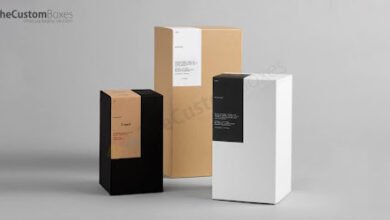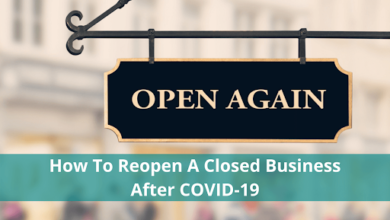How To Make Your c Tax-Efficient

Improve cash flow, and enhance your business model. You won’t pay too much if you know what taxes you have to pay. Small business accountant can help streamline your accounting to be more tax-efficient.
What tax does my small business pay
Your business structure will determine the tax you pay. If you have ever worked, you will be familiar with income tax if you are a sole trader or partnership.
If your company is a limited liability company, the arrangements are a bit more complex. The corporation itself, which is a legal entity separate from you, pays corporation tax. Then you will need to decide on how to receive income from the business, which may result in taxation.
You may also need to pay other taxes if your business is involved.
- Business Rates
- VAT
- Employer’s National Insurance Contributions
Learn more about the business tax.
You may end up paying more than you should if you don’t have a small business accountant to help you manage your taxes. (You do not want to pay too little, and be penalised by HMRC.) You can still reduce your tax bill, provided you are aware of what you are doing.
Deductible expenses
You can reduce your tax burden by claiming legitimate business expenses that are deductible. Here is a list of deductible business expenses.
- From basic office supplies to phone bills, you can expect to pay a lot for your office.
- Fuel, parking and train and bus fares are included in the cost of travel.
- Clothing – uniforms and anything else you wear for work
- All staff costs are included, including salaries and subcontractor expenses
- Stocks and raw materials are eligible.
- This can include insurance premiums and bank fees.
- The cost of running your business, such as heating, lighting, and business rates is a legitimate expense.
- Your marketing costs include your advertising and promotion expenses, including money spent on maintaining your site thedailymagazine.
You can offset losses against profits
You can claim relief on corporation tax if your small business has a loss during a tax year. This could be due to trading losses, selling assets, or property income. This is done via your company’s tax return (or self-assessment if you are an individual or partner).
You can carry losses forward to reduce the amount of tax that you pay in future years.
Increase cash flow by using VAT accounting
If you are aware of the right steps, VAT accounting can actually improve your cash flow.
You can, for example, take the VAT and hold it in your account until you need to return it. You can have ready access to cash when you need it most. Here are a few simple tips to help you keep your money for longer.
- Try to set up your invoice so that you get paid quickly and then make sure you don’t pay VAT until next quarter.
- You should try to give yourself as much time as you can to pay your suppliers.
- Try to buy expensive items for your business at the end or right after the VAT refund period. You will save money on your VAT.
- Remember the “flat rate” scheme for businesses that have a revenue of up to 150 000 £. You can pay a quarterly percentage rate that is relevant to your small business industry and avoid complicated preparations. This can save both money and time.
Take advantage of tax reductions
There are a number of tax incentives available to help businesses grow. You may be entitled to some of the following.
Research and Development (R&D).
Your business can claim tax credits from the UK Government for R&D. This scheme is designed to reward innovative small businesses. It’s estimated that SMEs in the UK are owed £ 84 billion of unclaimed tax relief.
Patent tax relief
You can also claim tax relief for profits generated from patented inventions. This is something you’ll need to investigate with the help of your accountant if you have any patents.
Employment allowance
You could save up to £3,000 per year if you pay class 1 national insurance.
Business Rates
If you own property with a rating value up to £15,000, your business can benefit from a tax break. You can often reduce your business rates to zero.
Avoid tax avoidance schemes
Tax avoidance schemes can be complex and convoluted. They allow individuals and businesses to reduce or avoid tax obligations. HMRC may not be happy with the schemes, even if they are legal in their own right. These schemes are usually marketed as legitimate investment, wealth management and tax planning. These schemes should be handled with caution as they can cost you a lot more over time. Contact us as we have professional teams of small business accountants which make you small business tax efficient.




